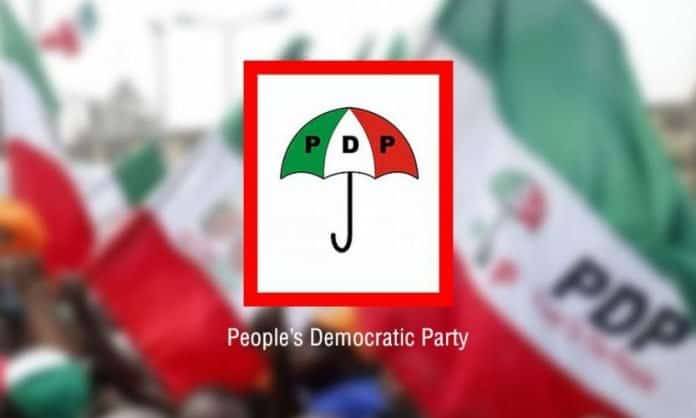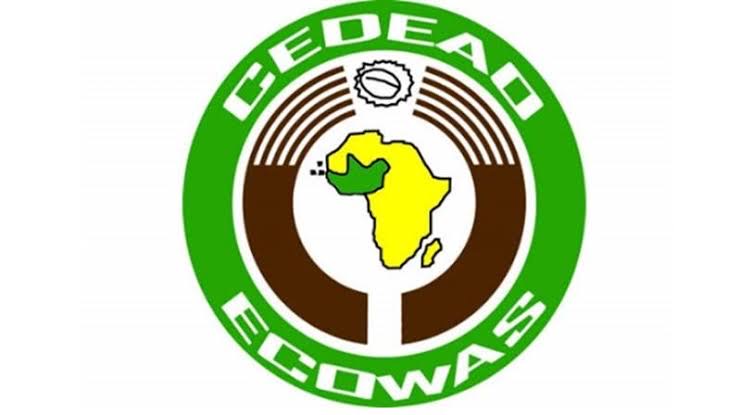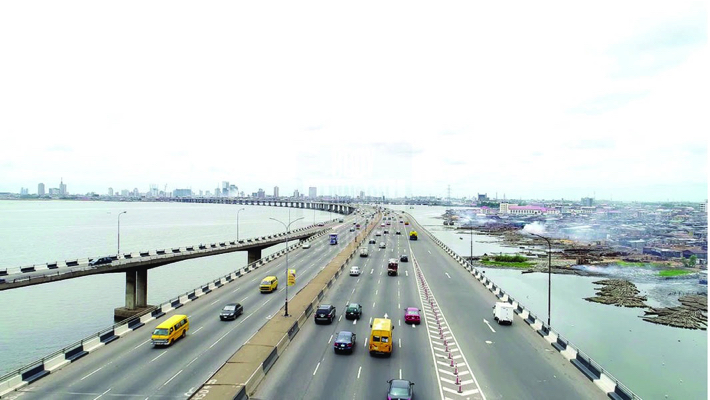7.7 million Somalis need humanitarian aid in 2022: UN

The United Nations says 7.7 million Somalis will require humanitarian assistance in 2022 as decades of conflict, disease, poverty and climate shocks devastate the country.
According to the UN Office for the Coordination of Humanitarian Affairs (UNOCHA), Somalia has about 2.9 million internally displaced persons, one of the most in a single country.
The UNOCHA said in its latest humanitarian report that 2.2 million of the IDPs in the country require urgent humanitarian assistance.
The report says there is a serious risk that the combined impact of consecutive seasons of below-average to poor rainfall can develop into a major drought by early to mid-2022.
Somalia remains on the frontline of climate change, which induces crises resulting in widespread displacement, rapid urbanisation, food insecurity and increased poverty.
The report says climate change was a major driver of conflict in Somalia as the struggle for dwindling resources intensifies clan divisions and inter-clan conflict.
Somalia is to experience its third consecutive season of below-average rainfall, which has already resulted in a sharp increase in food insecurity, especially in rural areas.
“Without humanitarian assistance, nearly 3.5 million people are expected to face crisis or worse outcomes through the end of 2021. And large parts of Somalia remain prone to severe riverine and flash flooding,” the UN forecasts.
Somalia has been among the countries hardest hit by the worst desert locust upsurge in decades that started in 2019.
UNOCHA said although infestation levels declined in 2021 as a result of intensive control operations and low rainfall, a risk to rural livelihoods across the country remains.
It said COVID-19 has also impacted the country’s fragile health systems, with a resurgence of cases and documented infections in the first quarter of 2021.
“Lack of trained health workers, poor health infrastructure and low development index have made Somalis vulnerable to outbreaks of other diseases like cholera, measles, polio and acute watery diarrhoea,” the report noted.
(Xinhua/NAN)
We have recently deactivated our website's comment provider in favour of other channels of distribution and commentary. We encourage you to join the conversation on our stories via our Facebook, Twitter and other social media pages.
More from Peoples Gazette

Politics
Katsina youths pledge to deliver over 2 million votes to Atiku
“Katsina State is Atiku’s political base because it is his second home.”

NationWide
Group urges FG to decongest custodial centres after Suleja jailbreak
”We also call on the public to pay more attention to issues concerning corrections in Nigeria.”

Politics
PDP unveils 200-member campaign council for Edo 2024 guber election
The advisory council has seven eminent members of the state.

Africa
ECOWAS moves to tackle drug abuse in Sierra Leone, other countries
ECOWAS said the workshop was also to support efforts to tackle drug abuse and provide resources and strategies for member states, particularly Sierra Leone.

Lagos
FG to resume resurfacing of Third Mainland Bridge: Official
She said that the exact dates for the renewed construction would be announced soon.

Agriculture
Gov. Makinde inaugurates cassava mechanisation production, processing plant in Oyo
He called on all stakeholders to support the project, saying its success depends on the collaboration.

Africa
Heavy rains, landslides kill dozens in Tanzania, Kenya
Mr Majaliwa, who disclosed Thursday, added that 236 had also been injured in the flood.








